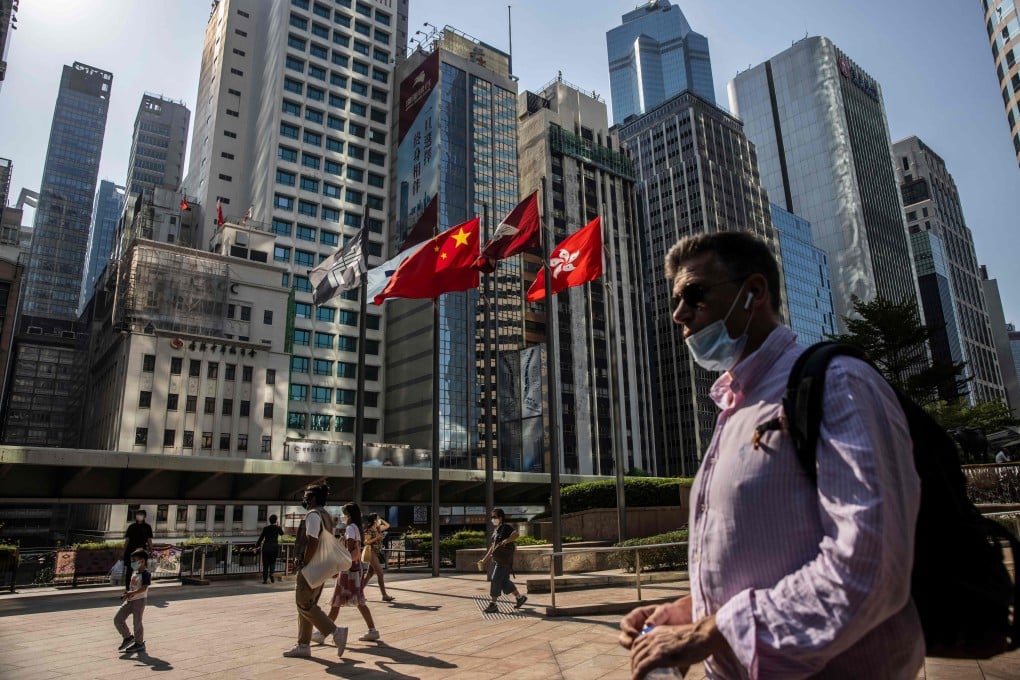Hong Kong developer Chinese Estates returns to profit with dividend, asset revaluation booster following first annual loss since 2010
- Hong Kong developer controlled by the family of tycoon Joseph Lau suffered a steep loss in 2021, its first annual setback since 2010
- Company reaped a HK$1 billion dividend and HK$528 million gain from fair-value changes in its investment properties

The firm reported a net profit of HK$1.15 billion (US$146.5 million) versus a HK$3.52 billion loss a year earlier, according to a stock exchange filing on Friday. Revenue increased by 10.4 per cent to HK$1.435 billion. The red ink in 2021 was its first since 2010, according to its annual reports.
The turnaround was aided by a HK$1 billion dividend it received from its investment in a property development and trading company. The firm realised big profits from selling 88 homes and certain parking spaces in a project called Grand Central in Kwun Tong, the filing shows.
Apart from that, Chinese Estates said fair-value changes in its investment properties produced a HK$528 million revaluation gain as asset prices rebounded following Beijing’s zero-Covid pivot, compared with a HK$1.38 billion loss in pandemic-stricken 2021.

“Hong Kong’s economy has shown some positive signs [after] the border reopening [and] the relaxation of pandemic control measures,” chairman Lau Ming-wai said. “We anticipate that the normalisation will boost the group’s rental activities and leasing momentum in 2023.”
The two major profit contributions helped overcome losses from home sales and investment in bonds and structured products. The developer separately made money from the sale of short-term investment.